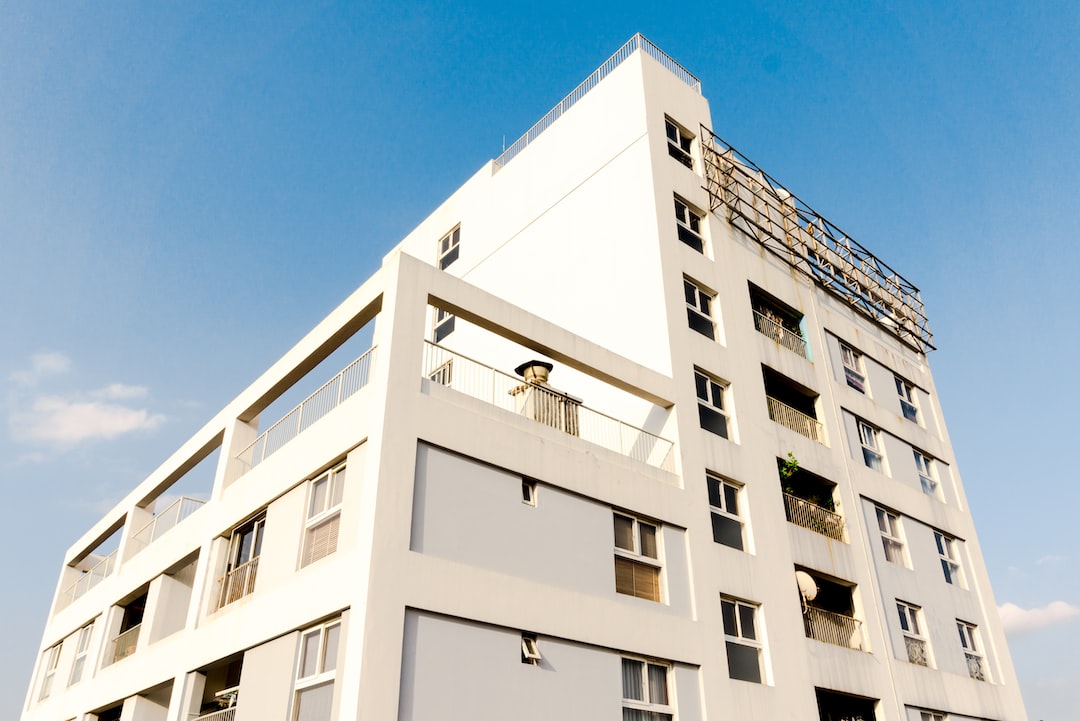Are you a homeowner looking for extra income? Renting out a room in your home can be a lucrative option. With the growing popularity of short-term rental platforms like Airbnb, it has become easier than ever to connect with potential guests and earn some extra cash. However, before you jump into the world of hosting, there are a few things you need to consider. In this blog post, we will explore the key factors to take into account when renting out a room in your home.
1. Legal and Regulatory Requirements: Before you start hosting, it’s crucial to familiarize yourself with the legal and regulatory requirements in your area. Some cities have specific regulations, permits, or taxes that must be complied with when renting out accommodations. Failure to do so may lead to fines or legal complications. Research the local laws to ensure that you are operating within the legal framework.
2. Insurance Coverage: Check with your insurance provider to see if your current homeowner’s policy covers short-term rentals. Some insurance policies may require additional coverage or a separate policy altogether. By obtaining the appropriate insurance, you can safeguard yourself against liability and potential damages caused by guests. It’s better to be safe than sorry!
3. Safety and Security: Your home’s safety should always be a top priority when welcoming guests. Install smoke detectors, fire extinguishers, and carbon monoxide detectors if you haven’t already. Additionally, consider adding security measures such as quality locks, cameras, or a security system to protect your property and guests. It’s also a good idea to have clear emergency procedures in place, which can include instructions for guests during a fire, earthquake, or other unforeseen events.
4. Set the Ground Rules: Establishing clear guidelines and rules for your guests is crucial to maintaining a pleasant living environment. Create a house manual that outlines expectations regarding noise levels, use of common areas, and any specific limitations you may have. Clear communication about house rules can help prevent misunderstandings or conflicts with your guests.
5. Privacy: Renting out a room means sharing your personal space with strangers. Consider how comfortable you are with this dynamic. Think about whether you are willing to sacrifice some privacy and share common areas such as the kitchen or living room. If you prefer more privacy, you might want to consider other options, such as renting out an entirely separate unit or converting your basement into a guest suite.
6. Screening Guests: Take the time to screen potential guests to ensure they will be a good fit for your living environment. Check their reviews and ratings on relevant rental platforms. It’s also wise to exchange messages or have a brief phone call to get a sense of their personality and reasons for staying. Trust your instincts and only accept guests who align with your household’s culture and values.
7. Maintenance and Cleaning: Hosting guests means more cleaning and maintenance tasks. Consider whether you are willing and able to handle the extra work involved. Prepare yourself for regular cleaning between guests, restocking essential supplies, and addressing minor maintenance issues that may arise. You can also hire professional cleaners to assist you if necessary.
Renting out a room can be an exciting opportunity to earn extra income while meeting new people. However, it’s vital to consider the legal, safety, and privacy aspects before diving in. By carefully evaluating these factors, you can ensure a smooth and enjoyable experience for both you and your guests. Happy hosting!
